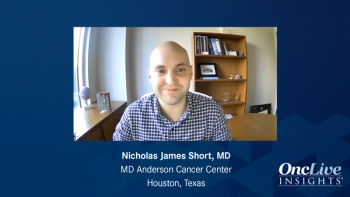
Closing out their discussion on tumor lysis syndrome management, James Short, MD, and John Reagan, MD, highlight unmet needs and future evolutions in the treatment landscape.

Your AI-Trained Oncology Knowledge Connection!


Closing out their discussion on tumor lysis syndrome management, James Short, MD, and John Reagan, MD, highlight unmet needs and future evolutions in the treatment landscape.
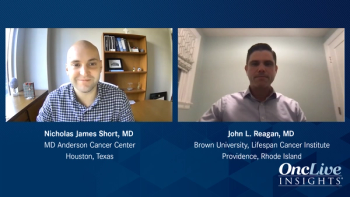
A brief review of the differences that might be observed between tumor lysis syndrome management in an academic versus community setting.
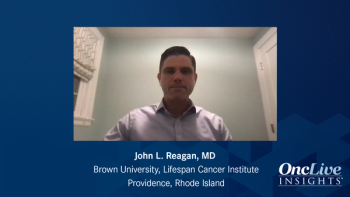
Experts James Short, MD, and John Reagan, MD, share comprehensive insight on the clinical implications of treating TLS in patients receiving therapy for cancer.

James Short, MD, and John Reagan, MD, highlight guideline-indicated treatment options for patients with or at risk of tumor lysis syndrome.

Expert perspectives on prophylactic measures to prevent tumor lysis syndrome in patients receiving therapy for cancer.

Shared insight on the multidisciplinary management of tumor lysis syndrome and how treatment planning may be adjusted after it is identified.

Comprehensive insight on the signs and symptoms that help lead to the identification of tumor lysis syndrome in patients receiving therapy for cancer.

Key opinion leaders James Short, MD, and John Reagan, MD, share an overview on the incidence and clinical risk factors of tumor lysis syndrome.
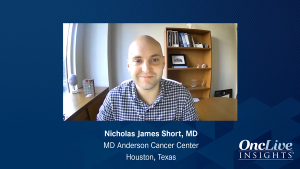
Published: January 18th 2023 | Updated:
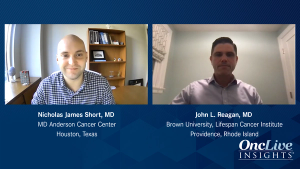
Published: January 18th 2023 | Updated:
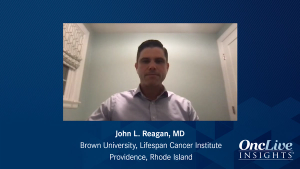
Published: January 24th 2023 | Updated:

Published: January 24th 2023 | Updated: